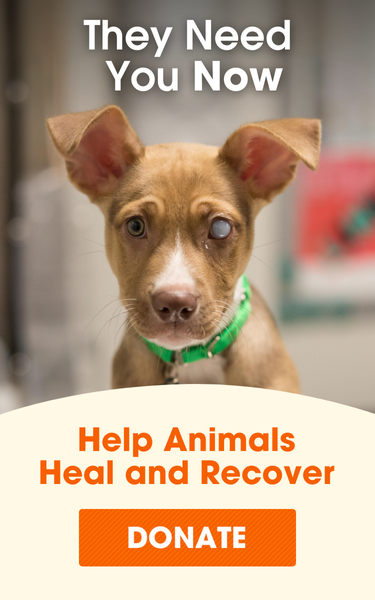
Is It Safe to Use De-Icers Around Your Dog?

This page contains links that lead to aspca.org/chewy. If you purchase any items through the affiliate links on that page, the ASPCA may receive a commission at no additional cost to you. Thank you for your support!
Winter is in full swing across the country, and people are gearing up with their winter coats, hats and gloves. In addition to bundling up, many pet parents may turn to de-icers to keep their sidewalks and driveways clear of ice. However, it's important to be aware of the potential risks that de-icers can pose to our furry friends. To try to avoid any accidents, our experts at ASPCA Poison Control have some tips for using de-icers safely around your pets!
Types of De-Icers
There are several types of de-icers, including sodium chloride (rock salt), calcium chloride, potassium chloride and magnesium chloride. Rock salt is the most commonly used type of de-icer, but it can be harsh on dogs' paws, cause irritation, and if its ingested, can cause dangerously high sodium levels. Calcium chloride, potassium chloride and magnesium chloride can be even more irritating to the gastrointestinal tract, sometimes causing bloody vomiting or diarrhea when ingested, as well as electrolyte changes.
How to Use Safely Around Dogs
To keep dogs safe when using de-icers, it is important to use them in pet-safe areas, avoid overuse, wipe or rinse your dog's paws after a walk, consider having your pet wear paw booties, and keep dogs inside during de-icing. It is also a good idea to monitor your dog's behavior and watch for signs of discomfort or irritation, such as limping or licking their paws.
There are no specific requirements for labeling a de-icer product as 'pet safe,' so it's important to follow safety guidelines for any chemical de-icer. Pet-friendly ice melts typically contain urea or magnesium chloride. While these are typically safer ingredients, they may also cause stomach upset, so it is best to be careful with them as well.
Alternative Options
If you are concerned about the potential hazards of traditional de-icers, there are several alternatives available. Sand can be spread on walkways and driveways to provide traction, while clay cat litter can be used to absorb moisture and prevent slips and falls. Heated mats and steps are also effective options for keeping walkways and driveways ice-free.
If you suspect your pet may have ingested something toxic, please contact your veterinarian or ASPCA Poison Control at (888) 426-4435 immediately.
